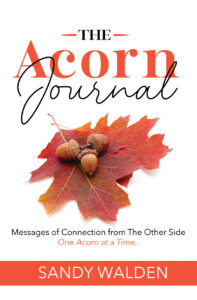We want, need, and appreciate grief supporters. Those who call and show up to be our companions on this grief journey.
There are times that we hear things that hurt – just plain hurt!
– Don’t feel bad, remember the good times.
Really, why shouldn’t I feel bad? The one I love is not here and that stinks.
– At least you have other children.
Wowzer! That one always makes me lose my breath. Yes, I have other children, but I no longer have Mike. I’m allowed to cherish my surviving family while being heartbroken that Mike is not with us.
– I know just how you feel, my (fill in the blank here) died too.
I honor and respect your loss and your grief. At the same time, each grief experience is as unique as the relationship we had.
Words spoken with the intention of offering support, comfort helpful suggestions. The intentions matter, but so do the words.
When these painful phrases are spoken it can feel like a physical blow. Often grievers are left without a way to respond and that may give the well-intentioned supporter the idea that what they are saying is helpful.
And so I encourage conversation. It will likely be awkward and uncomfortable but the truth is that there is little about this process that is easy.
Take a step back, maybe close your eyes and take a few slow, deep breaths. How might we respond to change this from a terribly painful interaction into one that is helpful and healing for all concerned?
It’s absolutely alright to let the person know that those words are hurtful, and then to tell them why. Often this may not be possible at the moment, because we are often unable to respond just then. Here we go being human again, it’s alright.
A phone call, or perhaps a chat over coffee. It might go something like this:
My friend, I know that when you said (fill in the blank) you meant to offer comfort, please know that I appreciate that effort. At the same time, this is how it felt to me. It hurt because…
When we have these conversations, we grow. We are helping those well-intentioned supporters to learn so that they can do better. When we do this with deliberate thought and kindness, it can bring us much closer to one another.
We feel empowered because we are expressing our truth about grief and the language that surrounds grieving.
We reinforce relationships because we are letting supporters know that they matter to us and we appreciate them.
So much more to say on this subject, of course. As always, it matters that we have these conversations in ways that are safe and healing. This is how we grow and heal – together.
Namaste,
Sandy
Master Grief Coach
Master Grief Coach Trainer
Greif Healing Course
Together, we walk through GRIEF, into healing.
https://calendly.com/serenity-1/30min
https://sandywalden.com/contact/
Connect with Sandy in her Facebook Group.
YouTube – (711) Sandy Walden – YouTube



